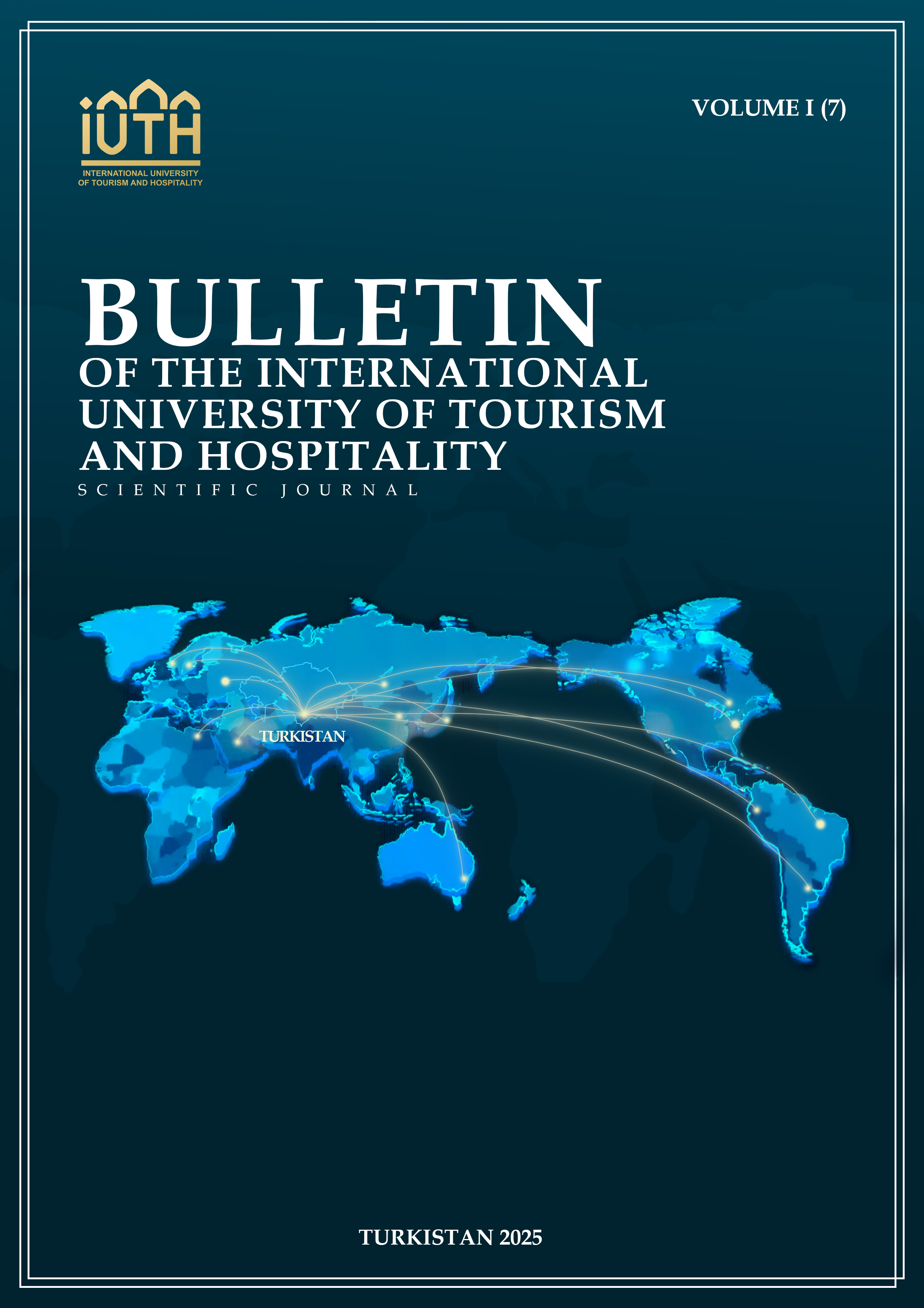USING AI IN LANGUAGE LEARNING TO DEVELOP STUDENTS' CREATIVE SKILLS IN THE FIELD OF TOURISM
Keywords:
AI, language learning, creative skills, tourism education, experimental studyAbstract
This study aims to explore the role of language proficiency and creativity in the tourism industry, as well as the impact of artificial intelligence (AI) on their development among students. A total of 56 students from the International University of Tourism and Hospitality were randomly assigned to two groups: a control group and an experimental group (28 students in each group). Over the course of one academic trimester, students from both groups completed a pre-test to assess their language proficiency and creativity in the context of tourism. During the study, students in the experimental group used AI tools such as ChatGPT for generating ideas and Coggle for creating concept maps, which enhanced their creative approach to developing tourism itineraries.
At the end of the experiment, a post-test was administered, and the results showed that 80% of students in the experimental group improved their language skills and creativity levels, while 75% reported a significant boost in confidence when applying the language in real-world situations. The control group did not show significant changes. These results highlight the importance of using AI in educational processes in the tourism sector to foster creativity and language proficiency among students.


